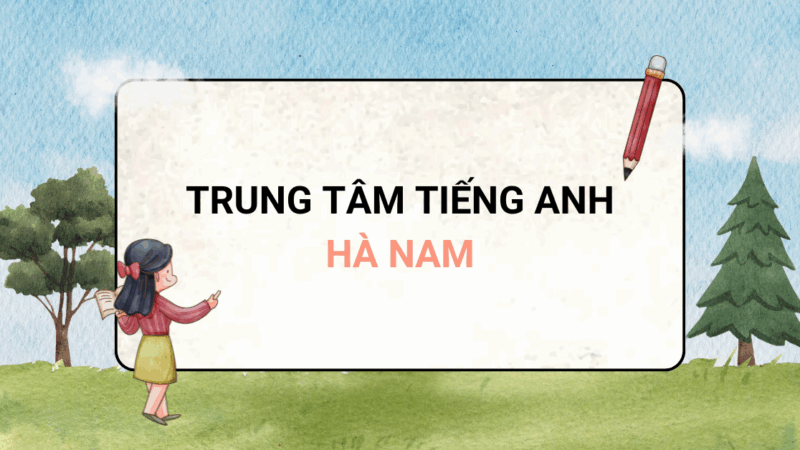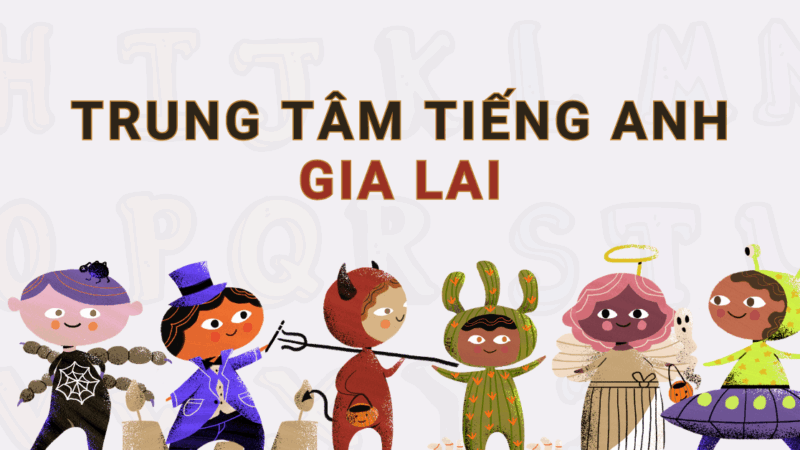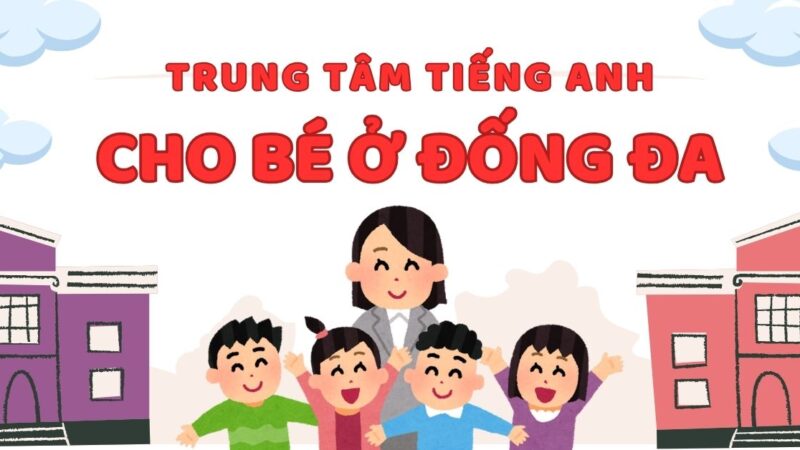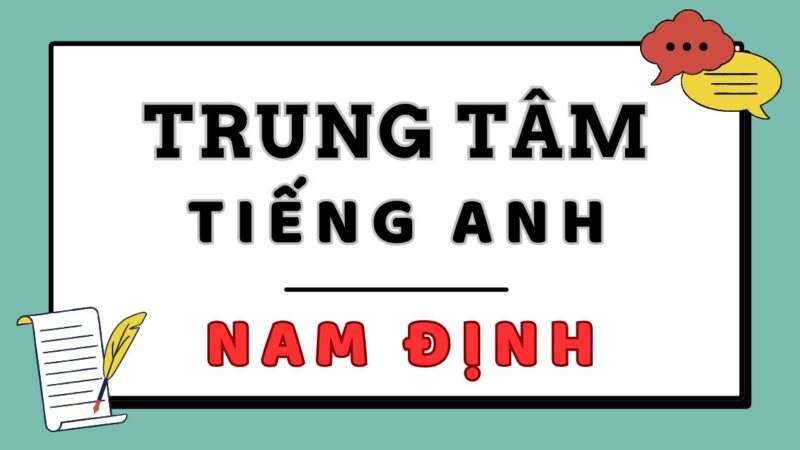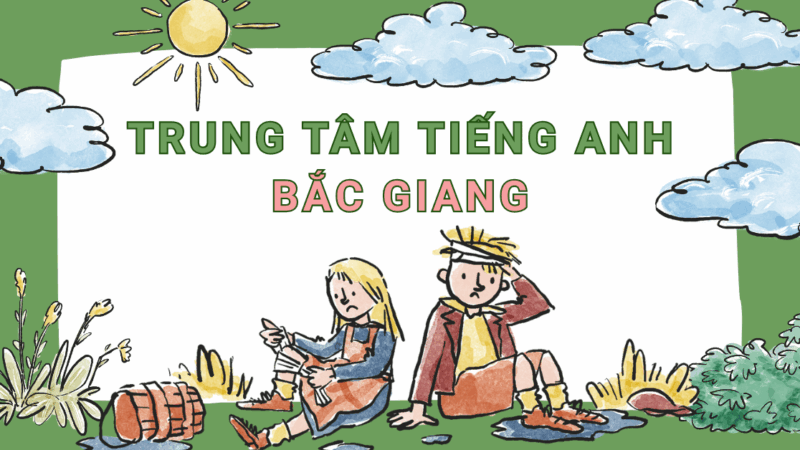Từ ghép tiếng Việt lớp 1 và những bí quyết giúp bé học đúng mà bố mẹ nên biết

Grade 1 Vietnamese compound words are important and difficult knowledge if the child does not clearly understand its rules. Therefore, in the following article, Nguyễn Tất Thành will share rules and tips to help children learn compound words more easily that parents should refer to.
- Hướng dẫn phát âm nguyên âm đôi trong tiếng anh đơn giản nhất
- Biện pháp tu từ tương phản là gì? Đặc điểm, tác dụng & cách phân loại
- Tiếng Anh lớp 1 Unit 11: At the bus stop | Kết nối tri thức
- 11+ phim hoạt hình tiếng Anh cho trẻ mầm non HAY NHẤT mọi thời đại
- Học bơi với 6 kiểu từ cơ bản đến nâng cao với hướng dẫn chi tiết
What is a compound word? How many types of compound words are there?
In Vietnamese in general and grade 1 in particular, “Word” is considered the smallest unit that makes up the sound. In particular, compound words are known as a type of complex word, which is a key element in creating a sentence.
Bạn đang xem: Từ ghép tiếng Việt lớp 1 và những bí quyết giúp bé học đúng mà bố mẹ nên biết
Concept of Vietnamese compound words grade 1
According to standard knowledge in Vietnamese textbooks for grade 1, compound words are words made up of more than 2 words and ensure that they all have meaning when read.
In fact, compound words in Vietnamese are a special form of complex words made up of words that have the same meaning. In principle, they do not necessarily have to rhyme, but when created together, they must help the word make sense.
What is the use of compound words?
Based on standards, compound words will have the main use of helping to determine the most accurate meaning of words in writing and speaking. At the same time, they also help readers and listeners understand the meaning of words better without having to guess.
Common types of compound words in Vietnamese
When children learn Vietnamese in grade 1, they will know that there are many different types of compound words. Specifically:

Main and secondary compound words
This is a type of compound word consisting of main and secondary words that support and complement each other’s meanings. In particular, the main word is the first word expressing the main idea. The secondary language and the following language take on the task of supplementing the meaning of the main language. Usually this type of compound word is rarely used.
For example: mellow, lily, salty, deep blue, fragrant, bright red….
Isotopic compound words
This is a type of compound word made up of two words with equivalent meanings and positions, with no distinction between which is main and which is secondary. That’s why they are more widely used.
For example: Friends, love, furniture, humidity, grandparents, beauty….
Synthetic compound words
This type of compound word is made up of words that have a more general meaning than the words that make it up, often expressing a specific action or place.
For example: Vehicles (talking about means of transportation), strangers, fruits, martial arts, candy…
Classifying compound words
This is a type of compound word that includes words composed of a certain meaning that refer to specific things, events, actions, and places.
For example: Bicycles, motorbikes, orange juice,…
|
Build a solid Vietnamese foundation for grade 1 children with VNguyễn Tất Thành.
The application helps children fluently spell the entire alphabet, pronounce correctly, not lisp, read fluently, have rich vocabulary and flexible expressions, supporting good learning in class.
|
The role of Vietnamese compound words in learning
After understanding the concept of what Vietnamese compound words are and the types of compound words in Vietnamese, let’s join Nguyễn Tất Thành to learn about the roles and functions of Vietnamese compound words in the learning of first grade students below:
- Helps describe a concept more in-depth: Compound words help to speak more clearly and in detail about an idea or concept in the field of study, for example “teaching method” to describe the teaching method of a student. teacher.
- Generate new terms and vocabulary: Compound words can be used to create new terms and vocabulary to describe new concepts or skills in the field of study. For example, “information processing skills” describes the ability to synthesize and analyze information.
- Improve communication effectiveness: Using compound words in exchanging information and reports in classrooms or seminars can help improve the accuracy and effectiveness of communication.
- Refine the message: Compound words can help refine or clarify messages in sermons, texts, or presentations. For example, “meaning in context” describes understanding and interpreting the meaning of a word or phrase in different contexts.
- Expand vocabulary knowledge: Using compound words can help expand students’ vocabulary knowledge and help them absorb and use new words more effectively.
Why is it necessary to teach Vietnamese compound words for grade 1 to children?
Here are some reasons why you must teach Vietnamese compound words for grade 1 to children right now:
- Improve existing vocabulary: Grade 1 Vietnamese compound words include words that combine two or more single words, helping children expand their vocabulary and express ideas more accurately.
- Developing language skills: Teaching Vietnamese compound words in grade 1 will help children develop their language skills, specifically knowing how to arrange and combine discrete words into a complete sentence to express themselves. your will.
- Promote understanding of the surrounding world: Many Vietnamese compound words for grade 1 are created from concepts and phenomena in everyday life such as “study desk”, “flashlight”, “toy”, etc. .. Teaching Vietnamese compound words for grade 1 helps children recognize and better understand the world around them.
- Develop reading comprehension skills: When children know grade 1 Vietnamese compound words, they can easily read and understand more complex texts (such as newspapers, books,…), and at the same time form good habits. Get used to reading comprehension from an early age.
- Increase communication ability: With a rich and diverse vocabulary, children can easily express their ideas and interact better with others.
So, how to help grade 1 children recognize some simple Vietnamese compound words?
Instructions on how to recognize simple compound words
In the Vietnamese language learning program for grade 1, children will get acquainted with compound words and recognize them. At the same time, this is a common type of exercise and makes many children find it difficult to solve.

Therefore, to be able to recognize which compound words are, people can apply the determination of the relationship between the sounds in that word in terms of sound and meaning. To determine the meaning, people can use sentence formation, find words with the same or opposite meaning, and look up in the dictionary.
Regarding how to recognize compound words, you can apply the following methods:
- If the sounds in a word have a relationship in both sound and meaning, it is a compound word.
- In a word, there is 1 word that has meaning, 1 word that has no meaning, but both have no sound relationship, which is also a compound word.
- In a word, there is a sound that is of Chinese origin, similar to a word, but those sounds have meanings, so it is also a compound word. For example: Good, kind, generous, joyful…
- Words that have no relationship in both meaning and sound are special compound words. For example: soap, scarecrow, gecko…
To help you understand better when learning Vietnamese compound words for grade 1, please do the following example:
- Which of the following words is a compound word: spirited, simple, noble, solid, resilient, sturdy, modest, rustic, ferocious, clumsy, surrounding, towering.
- Based on the above recognition signs, people can guess that the words belonging to compound words are: Charismatic, simple, noble, solid, fierce, all around.
Secrets to help children learn Vietnamese compound words for grade 1 effectively
To help children learning Vietnamese in grade 1 do compound word exercises effectively, parents can apply some of the following tips:
Make sure your child clearly understands the Vietnamese alphabet and compound words
To be able to recognize compound words when learning Vietnamese, parents should let their children become familiar with the rhyming alphabet. Learning is quite difficult for children at first, but parents should persistently guide and explain to their children every day and gradually they will know and remember them.
In addition, to help children become familiar with the Vietnamese alphabet, parents should prioritize choosing boards with all the letters written, accompanied by images and colors illustrating the language to help children write. remember them better.

Let your child learn and become familiar with 11 digraphs, vowels and consonants
One of the great ways to help your child do Vietnamese compound words exercises for grade 1 is to recognize and memorize 11 basic digraphs. Include:
- The sound C combines with H to form CH (wait): stories, father, uncle, dog, afternoon,…
- The H sound combined with H forms GH (edge): Hate, write, chair,…
- The G sound combined with I forms GI (di): enemy, preaching, worms…
- The sound N combines with H to form NH (thanks): gentle, small, humble,…
- The sound H combines with G to form NG (suspect): sleepy, sleepy, good…
- The sounds N and G combine with H to form NGH (suspect): profession, career…
- The sound H combines with H to form KH (dull): atmosphere, other, guests,…
- The sound P combines with H to form PH (phh): illegal, phoenix, float…
- The Q sound combined with U forms QU (qu): crow, district, quarter,…
- The sound T combines with H to form TH (worship): passionate, graceful, elegant…
- The sound T combines with T to form TR (tre): in, before, young, bamboo….
In addition to the above compound sounds, parents should also let their children grasp vowels and consonants to form compound words more accurately. Include:
- 12 vowels include: a, ă, â, e, ê, i, o, oh, ô, u, u, y.
- 17 consonants include: b, c, d, d, g, h, h, l, m, n, p, q, r, s, t, v, x

Practice Vietnamese knowledge for grade 1 effectively with Vmonkey
Vmonkey is known as the number 1 Vietnamese learning application in Vietnam for preschool and elementary school children, with learning content closely following the new GDPT program.

One of the special features of Vmonkey is to help children learn rhymes correctly and quickly according to the new textbook’s rhyme learning program based on images, sounds and interactive games. To help you through that:
- Spell and pronounce the entire alphabet.
- Make grammatically correct sentences.
- My child does not have a lisp or is affected by regional dialects.
- Write correctly.
- Increase reading comprehension with 1500+ interactive questions after the story.
- Children can read fluently before entering grade 1 thanks to 700+ interactive comics and 300+ audiobooks.
- Rich vocabulary, flexible expression thanks to a large store of stories and audiobooks.
- Develop emotional intelligence (EQ) and nurture children’s souls thanks to 1,000+ selected folk tales, poems, and life lessons.
Guaranteed, with Vmonkey your child will build a solid foundation for learning Vietnamese, supporting good results in class and in their life.
>>> Try it out and get free advice about VNguyễn Tất Thành: Here.
Guide your child to rhyme into meaningful words
To be able to learn Vietnamese compound words in grade 1, children are required to identify meaningful and meaningless words.
To do this, parents need to guide their children how to rhyme into meaningful words that are related to real life so that they can understand more easily.
Specifically, with simple sounds like b, c, d, dd, e, ô, h,… you can guide your child to read and combine them into meaningful words that they know, such as baby, frumpy, crumpled, humped, bashed, ticked, crumpled, drawn, clowned, ho ho…
As for compound sounds, it will be more difficult for your child to learn, but when teaching, let your child listen and see images to be able to combine and remember each word better.
Besides, parents should let their children learn to rhyme every day for about 30 – 60 minutes. To ensure your child does not forget previously learned knowledge.

Create excitement for children when learning compound words
For 1st grade children, they are still quite playful, so when learning at first they are quite excited but also get bored very quickly.
Therefore, parents should not let their children learn one lesson or just one specific subject. Instead, every day parents should try changing the topic and teaching method adopted pictures, games, homework, drawing practice,… It will help your child get excited and not get bored.
For example, when learning compound words, let your child learn the compound phonetic alphabet while also letting him practice coloring those words, etc. so that he doesn’t get bored.

Some exercises on Vietnamese compound words for grade 1 for children to practice
To help your child recognize and learn compound words more effectively, parents should let your child try some of the following exercises that Nguyễn Tất Thành shares:

See more: Types of advanced Vietnamese exercises for grade 1. Parents should let their children try to develop themselves
Conclude
Above is information about the knowledge of Vietnamese compound words for grade 1. From this, it can be seen that this is quite difficult knowledge for children, so parents, please be patient and apply the methods Nguyễn Tất Thành shared above to help your children. Learn and conquer this type of exercise to get the best results.
Nguồn: https://truongnguyentatthanh.edu.vn
Danh mục: Giáo dục

